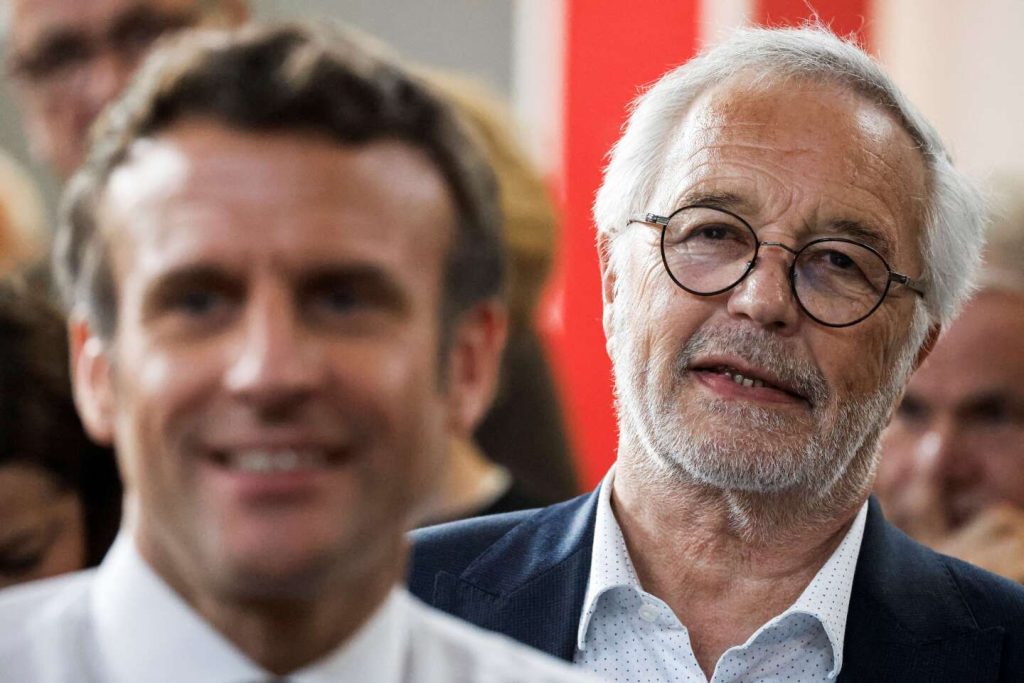François Rebsamen, president of Dijon Metropole and mayor of the city, has been known for his lack of enthusiasm for the fusion of Burgundy and Franche-Comté since 2016. He believes that the regional reform was a mistake and has expressed his concerns to both Francois Hollande and Emmanuel Macron. He feels that the current structure of the region is not treating him correctly and has been vocal about his criticisms. Rebsamen suggests that the territorial reform should be revised, but acknowledges that there is currently no majority in support of this.
Between 2016 and June 2020, the rivalry between the cities of Dijon and Besançon added complexity to the regional fusion. However, with the departure of Jean-Louis Fousseret, the mayor of Besançon, the tensions have subsided. Rebsamen notes that he ironically gets along better with Anne Vignot, the mayor of Besançon. Despite disagreements on certain issues, they are able to come together on matters such as railway infrastructure and share common values in the face of rising populism and extremism.
Rebsamen directs his criticisms towards the president of the region, Marie-Guite Dufay, accusing her of neglecting the development of Bourgogne-Franche-Comté. He believes that she is not doing enough to secure a direct TGV connection from Dijon to Lille, which would facilitate travel to Roissy-Charles-de-Gaulle airport and northern Europe. He accuses Dufay of showing little consideration for Dijon Metropole and focusing on balancing the disparity between Dijon and Besançon rather than leveraging the strengths of both cities. He also claims that her administration imposes excessive bureaucracy, which hinders progress on various projects.
Overall, Rebsamen’s main grievances seem to stem from his belief that Dufay is not effectively promoting the growth and development of the Bourgogne-Franche-Comté region. He feels that she is not prioritizing key infrastructure projects, such as the TGV connection, that would benefit the region as a whole. Additionally, he perceives her administration as being overly focused on equalizing resources between cities rather than maximizing their individual potential. These tensions highlight the challenges of regional governance and the complexities of balancing diverse interests within a larger administrative structure.
Despite the ongoing tensions and disagreements within the region, there are moments of collaboration and alignment between key stakeholders. Rebsamen’s improved relationship with Anne Vignot, the mayor of Besançon, demonstrates that cooperation is possible even in the midst of differing opinions. Both mayors have shown a willingness to work together on shared priorities and challenges, indicating that there is room for constructive dialogue and partnership towards the common goal of advancing the interests of Bourgogne-Franche-Comté. Ultimately, the success of regional governance will depend on the ability of leaders to find common ground, overcome differences, and prioritize the well-being of their constituents.


